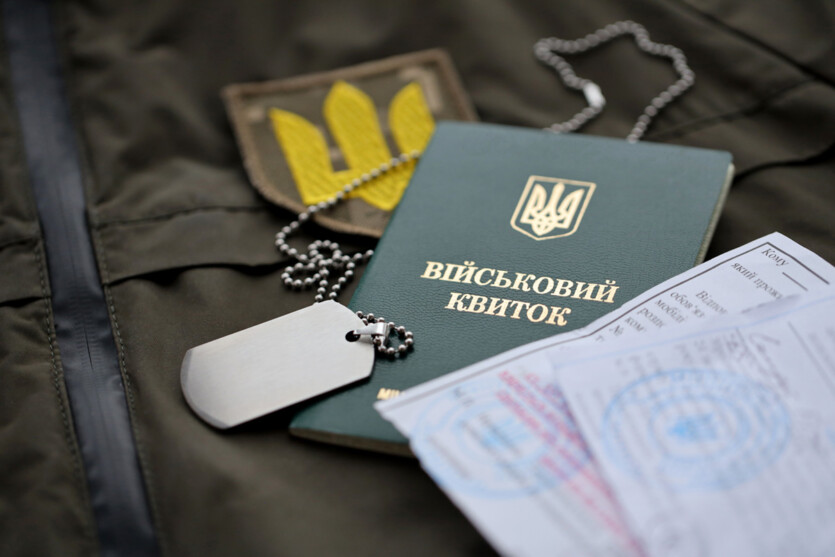
The summons issued by the TCC cannot be challenged in court because it is merely a means of notification about the need to fulfill military duty — this was decided by the Supreme Court in its ruling on the case.
The man demanded that the actions of the TCC regarding the creation and delivery of the summons, under which he was to appear at the TCC, be declared unlawful. Previously, the relevant district and appellate courts had denied him. In the complaint, the plaintiff asserted that the signature of the TCC leader on the document was forged, and the summons itself was falsified. Also, according to him, there were no orders or notifications, date, and purpose of the call.
The plaintiff noted that the summons must be signed exclusively by the head of the TCC and delivered personally or by authorized persons. In this particular case, an act of refusal to receive the summons should also have been drawn up, which also did not occur. Allegedly, the delivery of an “illegal summons” to the plaintiff created severe consequences for him in the form of a criminal case under Article 336 of the Criminal Code.
The Supreme Court, as part of the panel of the Cassation Administrative Court, denied the plaintiff’s proceedings — the claim “does not belong to be considered under the rules of administrative legal proceedings.” The Supreme Court interpreted this concept as such that it is not subject to consideration in court at all.
The refusal of the court of first instance was based on the fact that the subject of the claim is subject to consideration of administrative legal proceedings and generally in a judicial order. At the same time, the court took into account the conclusions of the Supreme Court from the ruling of September 8, 2022: the notification of a citizen in the form of a summons is not itself a decision or action of a subject of power authority. Accordingly, there is no action that can violate the rights, freedoms, or interests of the plaintiff.
The Supreme Court in the ruling of October 23, 2024, in case No. 380/2838/24 confirmed that the production of a TCC summons, which the plaintiff called forged, is not a decision or action of a subject of power authority. Therefore, the summons cannot be challenged in court because it is only a means of notifying a person about the need to fulfill military duty. The obligation to appear at the TCC is imposed not by the summons, but by Law No. 2232-XII.
The circumstances of the plaintiff’s disagreement with the delivery of the summons, as well as the consequences of his refusal to receive the summons and non-appearance at the TCC, cannot be the subject of consideration in administrative legal proceedings. The actions of the TCC in the production and delivery of the summons do not indicate a violation by the subject of power authority of the rights, freedoms, or interests of the plaintiff. However, the arguments regarding the violation by the TCC of the procedure for delivering the summons and accusations of committing a criminal offense provided by Article 336 of the Criminal Code, which the plaintiff points out, may be the subject of court review within the relevant criminal proceedings.
Source: Legal and Judicial Newspaper

Spelling error report
The following text will be sent to our editors: